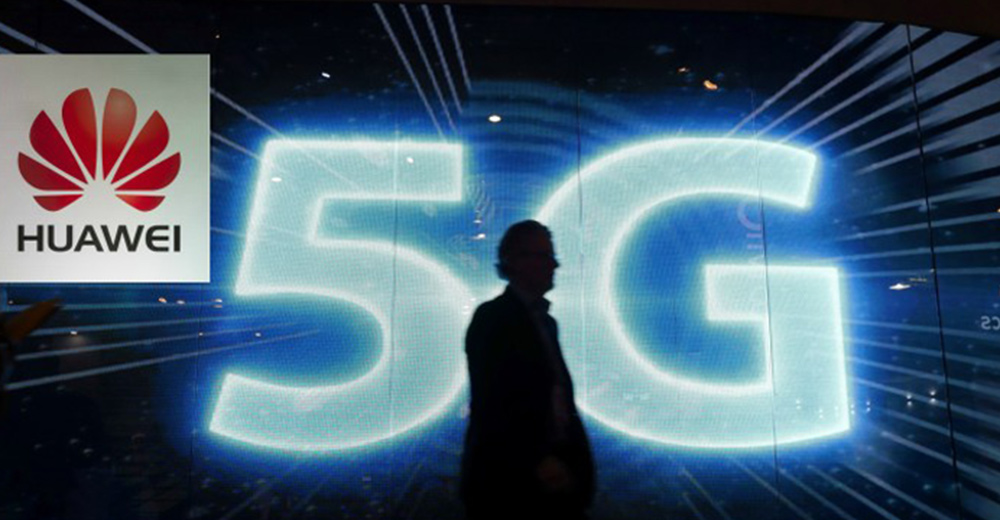
Southeast Asian countries eyeing the promise of 5G connectivity to boost economic development are sticking to Chinese telecommunications giant Huawei among others.
Cambodia, Indonesia, Malaysia, Philippines and Thailand, all members of the Association of Southeast Asian Nations, or ASEAN, have indicated they may allow Huawei to help build their fifth-generation mobile communications networks. The 10-member regional bloc also includes Brunei, Laos, Myanmar, Singapore and Vietnam.
Economic considerations and a strategic foreign policy element are among the reasons why Southeast Asian countries have adopted a relative openness toward Huawei, said Amalina Anuar, an analyst with the Centre for Multilateralism Studies at the S. Rajaratnam School of International Studies at Singapore’s Nanyang Technological University.
“Huawei’s 5G technology is generally reputed to be both advanced and relatively more affordable,” said Anuar. “Having a multivendor approach and avoiding exclusion of Huawei is considered a more balanced policy option so (that) ASEAN members don’t have to choose sides.”
Shenzhen-based Huawei Technologies Co is the world’s largest telecommunications equipment maker and second-largest smartphone vendor. It has been targeted by the United States on allegations of espionage even with no evidence amid the Sino-US trade conflict. Huawei has denied all the accusations.
In May, the United States banned the company from buying components and technologies from US companies without prior government approval. In late June, however, the US agreed to loosen the restrictions.
In June, Globe Telecom of the Philippines launched Southeast Asia’s first 5G broadband service, backed by Huawei equipment.
Jake Saunders, vice-president of Asia-Pacific advisory services at ABI Research, a market intelligence company, said: “Frankly, I can’t really see any sort of ground (for these allegations) in terms of security.”
“If you really want to make communications more secure, individual companies can put (on) their own encryption layer to secure traffic,” said Saunders.
Fifth-generation mobile technology enables gigabit speeds and more powerful connectivity. It is expected to account for 15 percent of global mobile connections by 2025, while Asia-Pacific is on track to becoming the world’s largest 5G region, according to telecoms lobby group GSMA.
Compared with previous mobile technologies like 3G and 4G, the network upgrade cycle has shortened greatly with 5G, said Saunders, noting that a number of countries in Southeast Asia have plans to roll out 5G in the years to come.
The advancement of 5G not only brings benefits to consumers. What is really interesting is how the technology “sets up the ability for the mobile operators with their equipment to help energize enterprises, industries and logistics”, said Saunders.
The development of 5G and cloud technology increases systems’ computing prowess, said Farlina Said, analyst with the Foreign Policy and Security Studies program at the Institute of Strategic and International Studies in Malaysia.
“It becomes necessary for Southeast Asian countries to explore the possibilities offered by 5G for the next generation,” said Said, noting 5G can be conducive for ASEAN to build the Smart Cities Network, as it will benefit disaster management, education delivery and sustainability.


